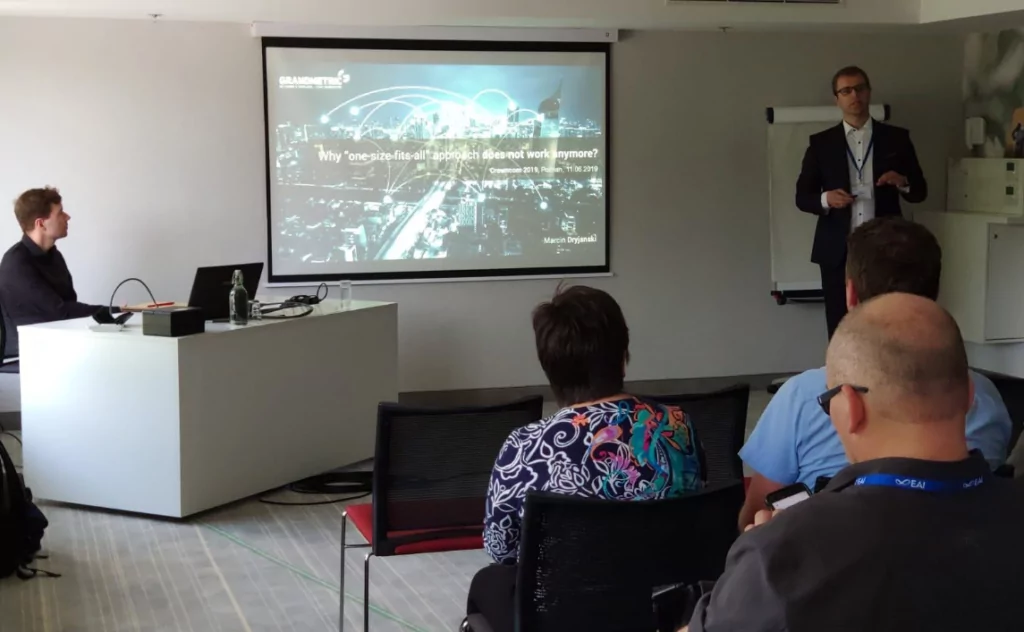
The CROWNCOM conference was held on 11-12 June, in our hometown – Poznan, Poland – discussing the following topics:
- machine learning (ML) for spectrum management,
- spectrum sensing and radio environment maps (REM),
- spectrum sharing and management,
- spectrum assessment and valuation.
On the other side, the topics which were covered on special sessions (keynotes, tutorial and panel), were “slightly” different from the original thread of this conference (namely, cognitive radio and dynamic spectrum sharing/access), specifically:
- HetNet and hybrid networking,
- current 5G standardization and future topics for 3GPP,
- RAN slicing,
- business models innovation,
on which I’d like to touch upon below.
Opening keynote: “Why one-size-fits-all approach does not work anymore?”
The first session on the conference was my keynote session on “Why one-size-fits-all” does not work anymore”. In this talk I wanted to put an emphasis on the complexity of the current system’s landscape from different angles, speaking on LTE evolution and 5G scope and the way to handle this to realize the requirements and future services. The proposed approach to manage these complicated networks brought a natively hybrid and hierarchical system design.
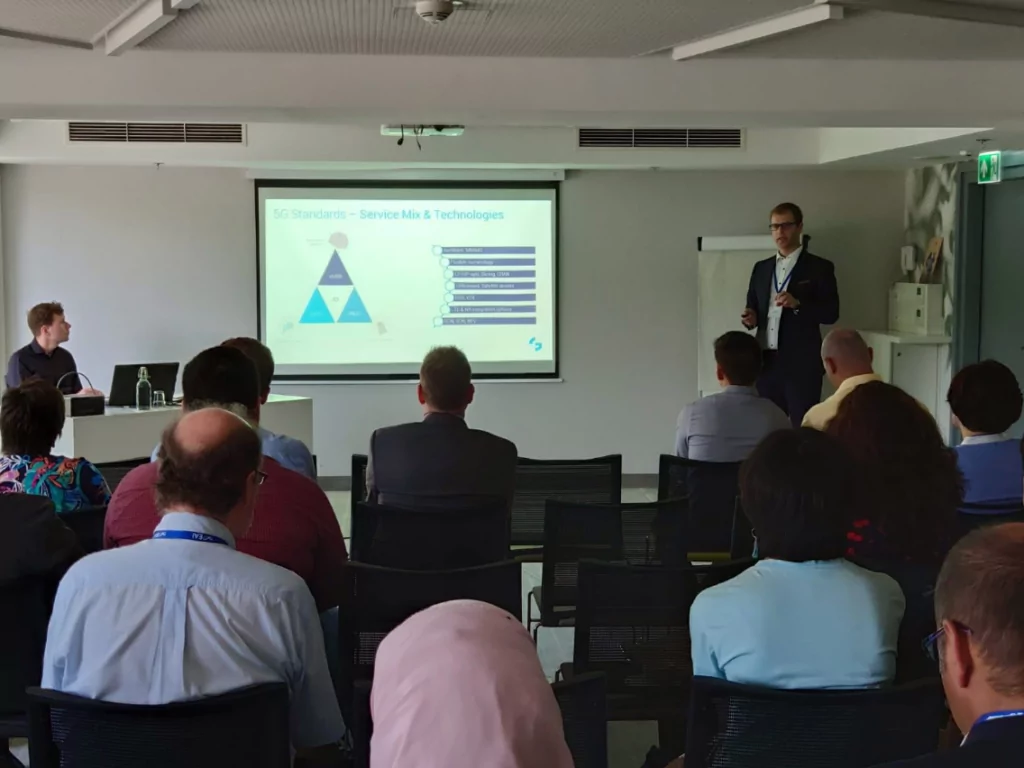
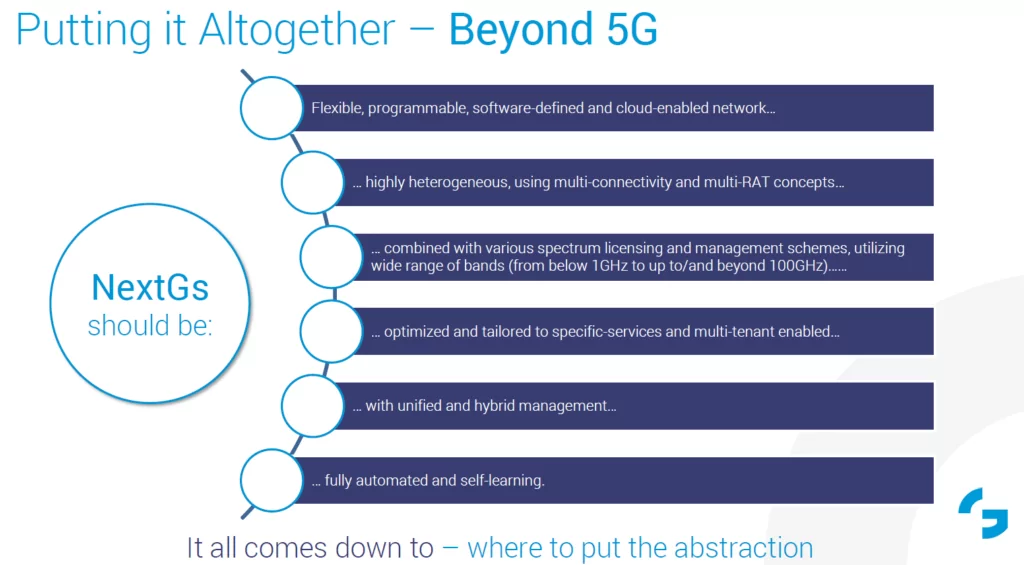
Tutorial: “RAN Slicing and Control: Challenges, Technologies, and Tools“
Later that day, Dr. Navid Nikaein from Eurecom, France, held an excellent tutorial on RAN slicing. Navid detailed about 3GPP take on network slicing in RAN and showed many approaches from the research projects on how to abstract radio resources and optimize resource utilization in a more dynamic fashion. Below are few slides from his talk.
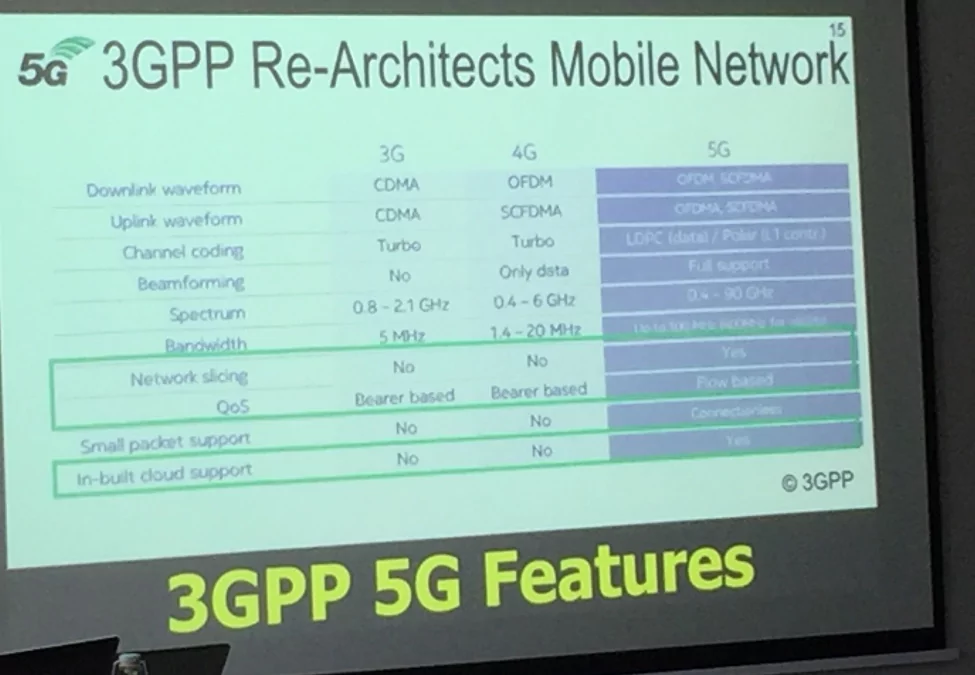
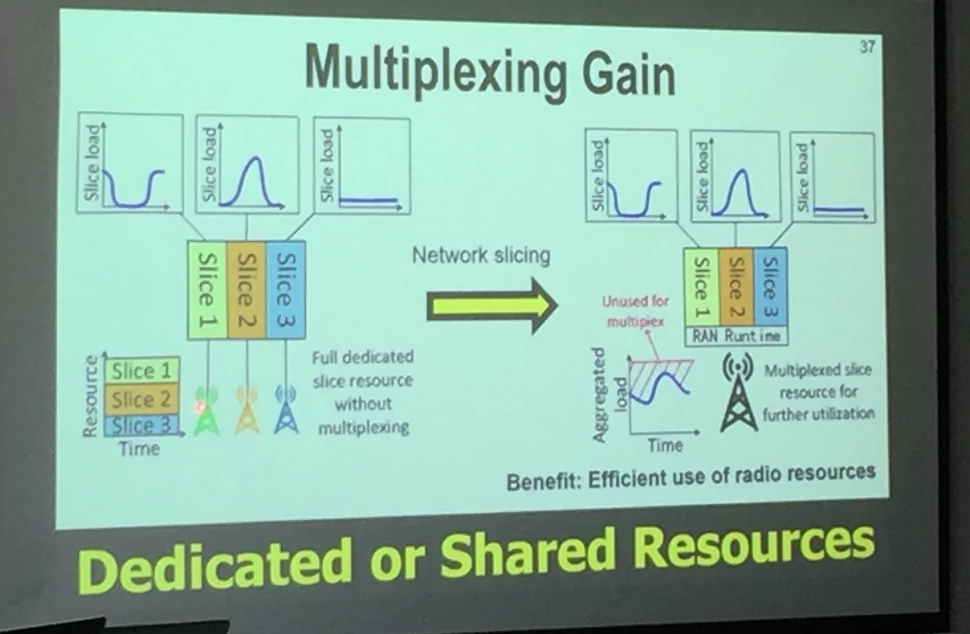
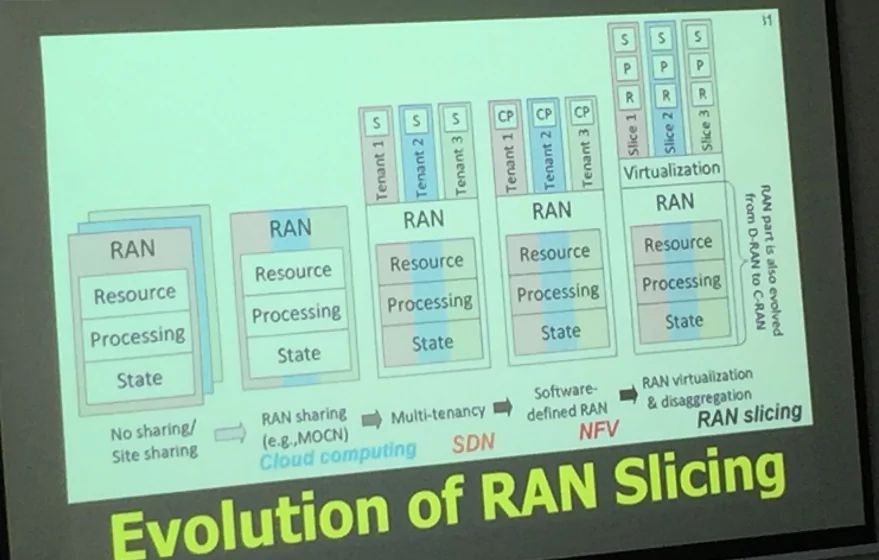
Gala dinner
The CROWNCOM 2019 Gala Dinner took place at the Royal Castle together with a guided tour of the beautiful castle. During the gala dinner, the winners of Best Paper Award were announced: Mohamed Aref and Sudharman Jayaweera from University of New Mexico, USA, for their paper, entitled: “Spectrum-agile Cognitive Interference Avoidance through Deep Reinforcement Learning”.
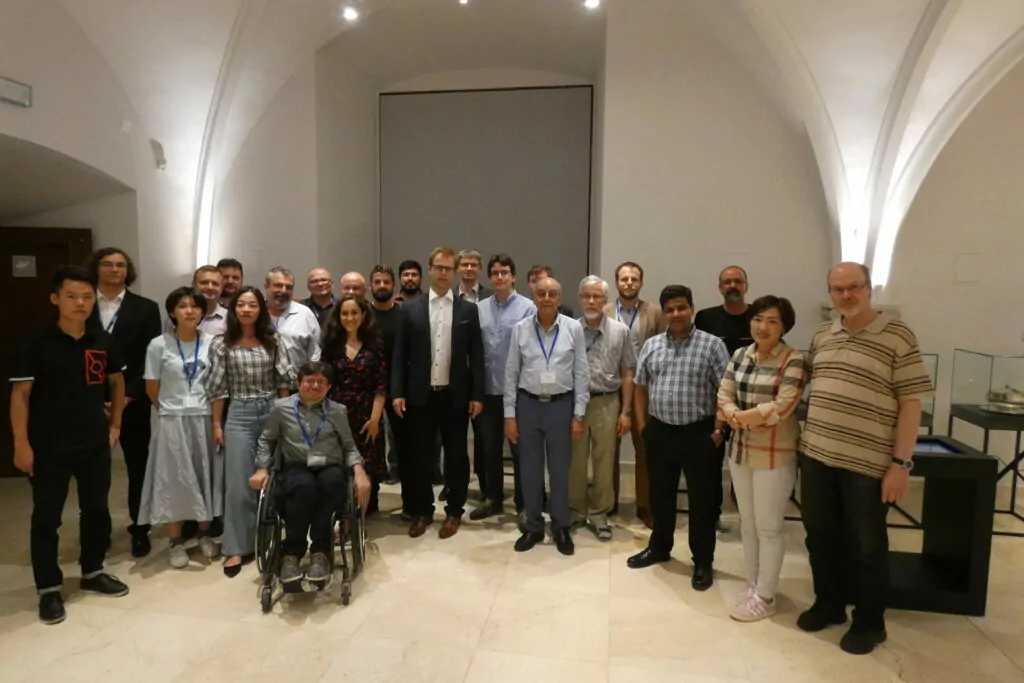
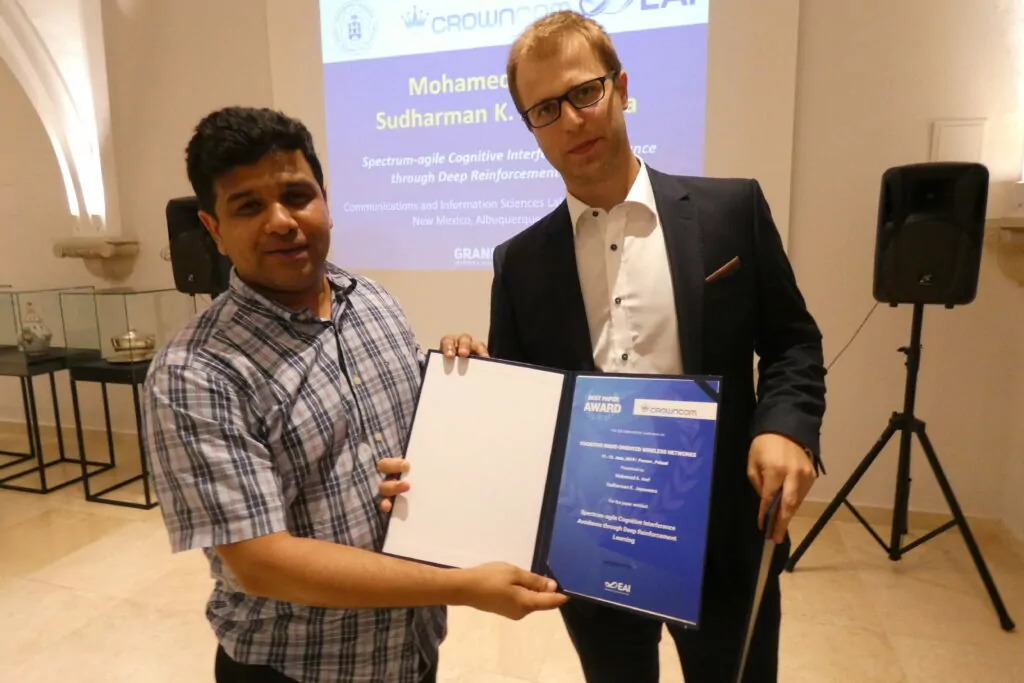
Keynote: “5G NR – The Next Generation Wireless Access“
The second day’s keynote was held by Dr. Stefan Parkvall from Ericsson. The first part of the talk was around the current status of the 5G NR standardization progress. But more importantly, from the research conference perspective, Stefan shed some light on the future topics in the NR context in the second part of his keynote. Those included the current set of features in Rel-16, but also Rel-17 potential topics as well as long term views on what could the “beyond-5G” topics include. A quick overview on this is provided on a couple of slides below.
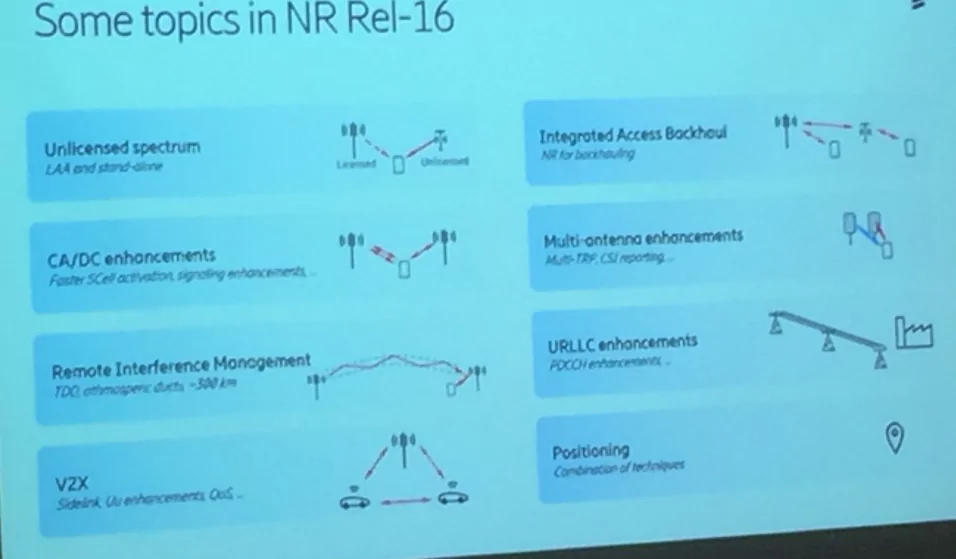
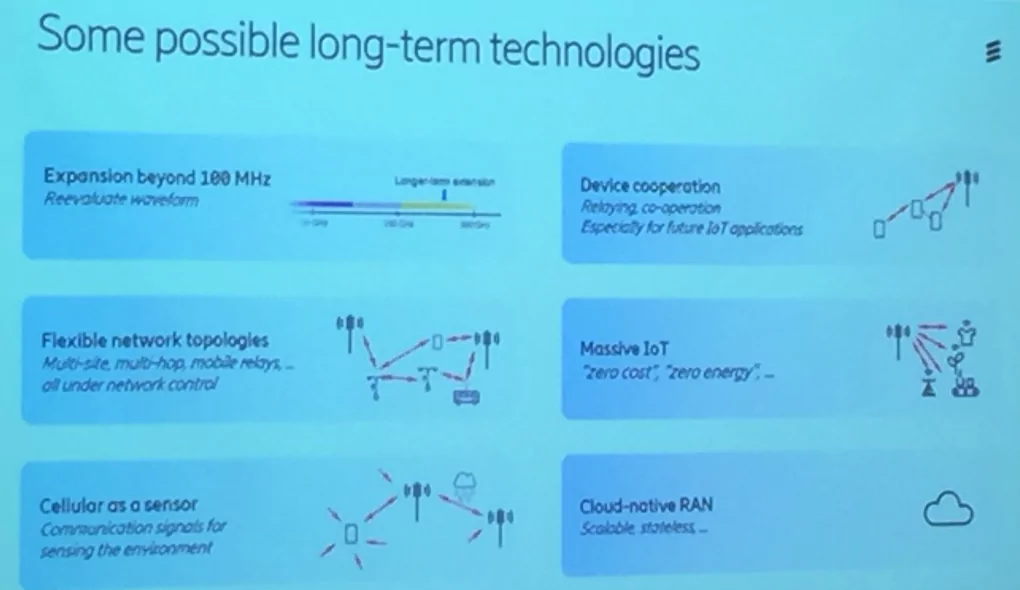
Panel: “Timely access to spectrum will unlock novel 5G businesses”
The second day of the conference was also “equipped” with an interesting panel session on the spectrum access for 5G and beyond, which I had a pleasure to participate in, along with Seppo Yrjölä from Nokia, Stefan Parkvall from Ericsson, Heikki Kokkinen from Fairspectrum and Karol Kowalik from Inea. The viewpoints of from the consultancy’s, operator’s and vendors’ sides led to interesting discussions around: dynamic spectrum sharing, LSA vs CBRS, 5G for verticals, 5G vs WiFi vs LAA. All the panelists agreed that dynamic spectrum sharing mechanisms are needed to unlock the new business models and technologies adoption in the environment, where spectrum is scarce and expensive.
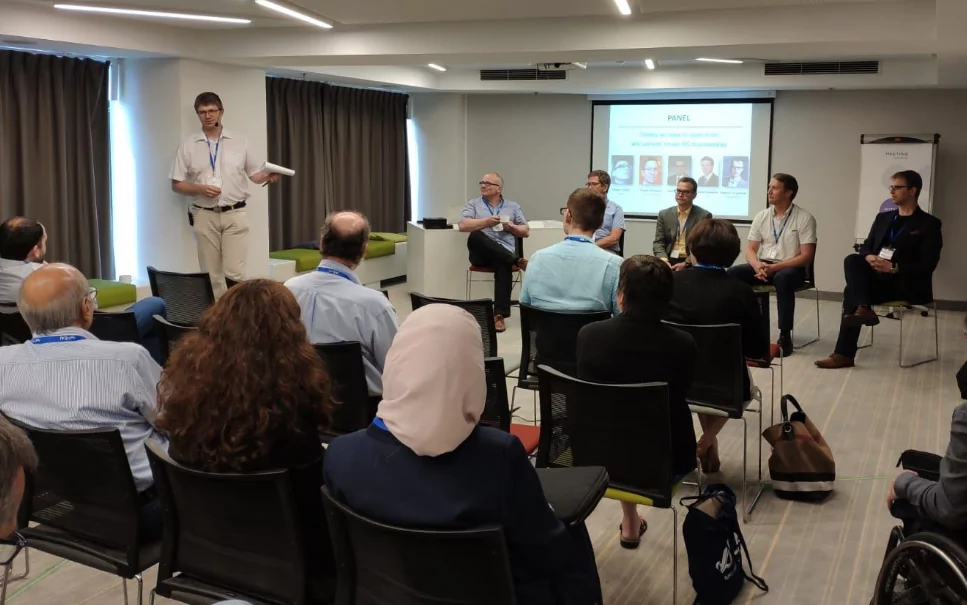
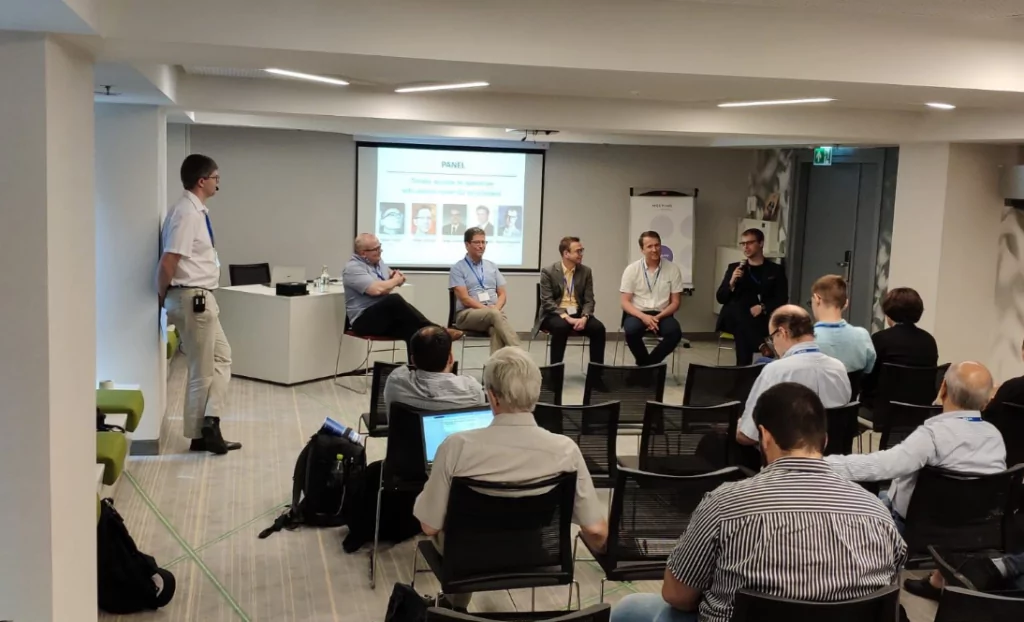














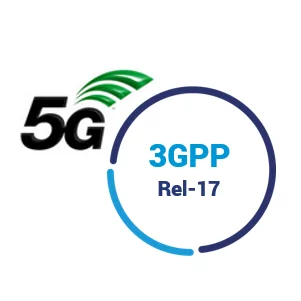



Leave a Reply